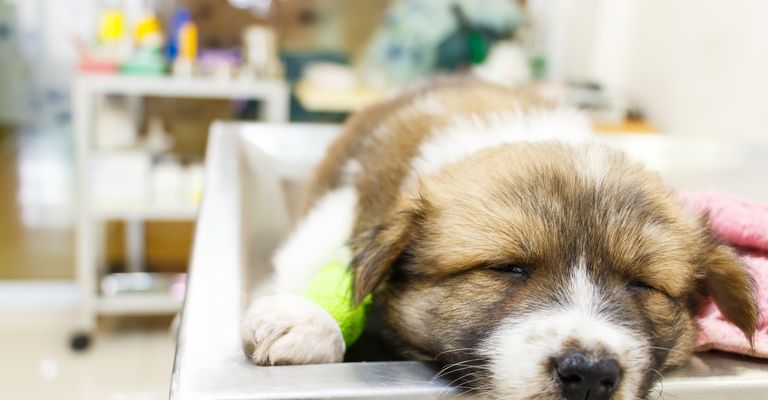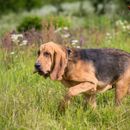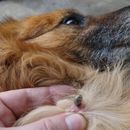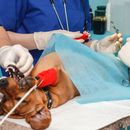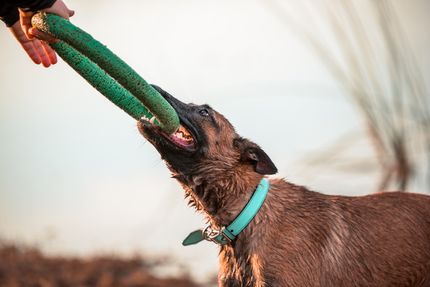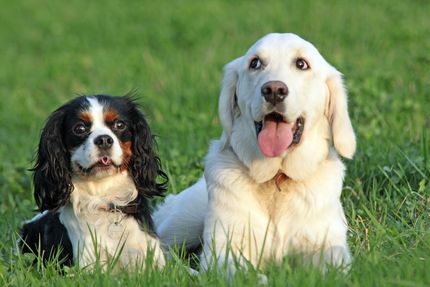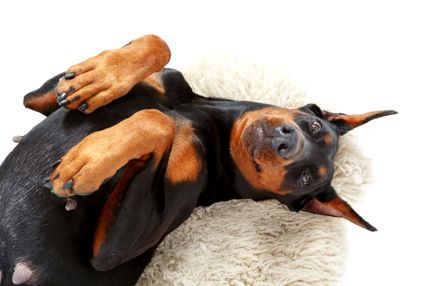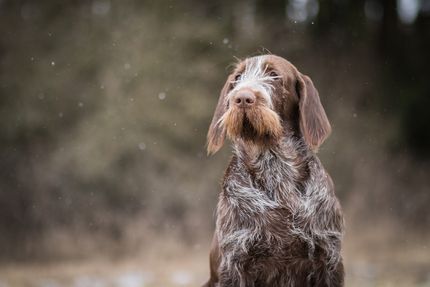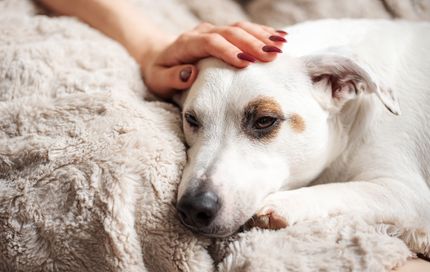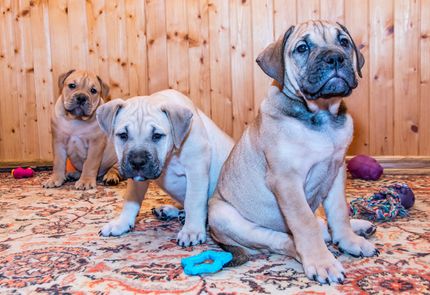Neutering is a major surgical procedure in a dog's life. This process requires adequate recovery time and careful care to ensure that the dog can recover quickly and safely. This blog post discusses the basic guidelines for the recovery period after neutering for male and female dogs, as well as important care instructions.
The importance of the recovery period
After neutering, every dog needs an appropriate recovery period to ensure complete healing. During this time, it is crucial that physical activity is restricted to avoid complications such as bleeding or infection.
Differences in recovery time after castration: Male vs. female dogs
Neutering male dogs is generally a less invasive procedure than for female dogs. Nevertheless, the healing process should not be underestimated.
Less invasive nature of the procedure
In male dogs, castration involves the removal of the testicles. This procedure is less complex than in female dogs as it does not require the abdominal cavity to be opened. The less invasiveness contributes to a shorter and generally easier recovery period.
Recommended rest period
After castration, male dogs should be spared for about 7 to 10 days. During this time, it is important to limit the dog's physical activity to promote healing and minimize the risk of complications.
Female dogs
Neutering female dogs is a more complex surgical procedure. Therefore, they should be spared for a longer period of time, usually around 10 to 14 days.
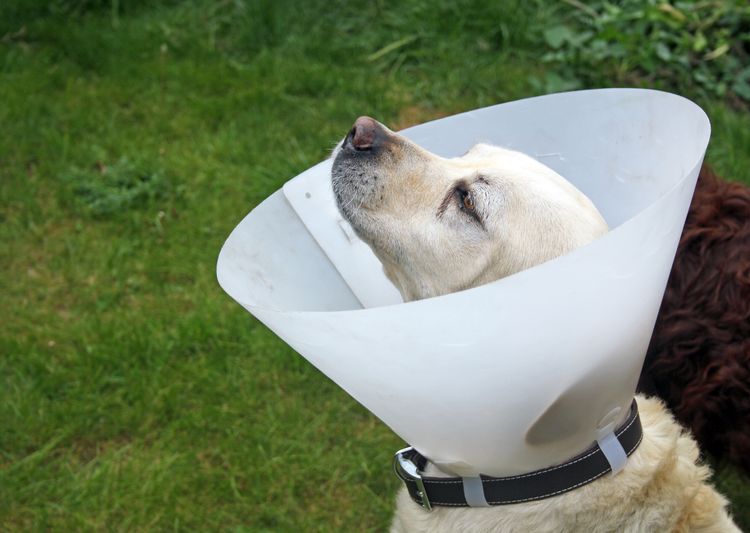
Postoperative care
Monitoring the general condition
After the operation, the dog should be carefully monitored. Watch for signs of pain, lethargy or loss of appetite. These could be signs of post-operative complications.
Wound care
The wound should be checked daily for redness, swelling or discharge. It is important that the dog does not lick or bite the wound as this can disrupt the healing process. Pus must be avoided.
Activity restrictions
During the recovery period, walks should be kept short and quiet. Avoid letting the dog jump or run at speed. Climbing stairs should also be avoided.
Nutrition and hydration
A balanced diet and adequate hydration are crucial for recovery. Make sure the dog has access to fresh water and maintains its usual diet.
Frequently asked questions and answers on the topic: How long should I rest my dog after neutering and what should I look out for?
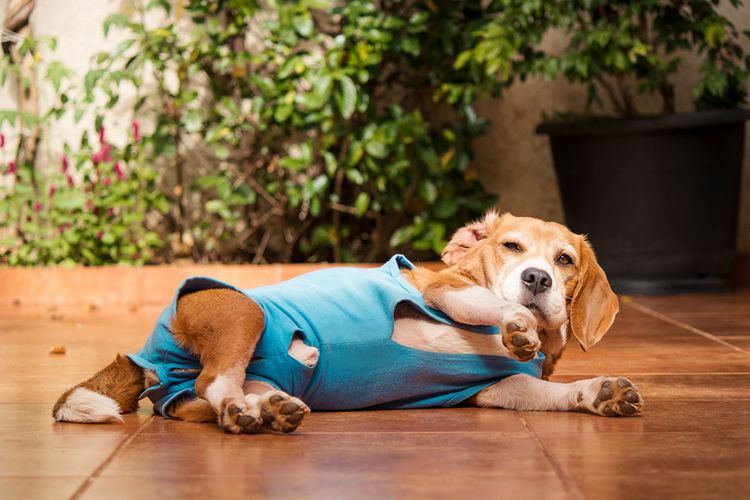
What should I do if my dog licks the wound?
Use a protective collar or a funnel to prevent the dog from licking or biting the surgical wound. At least 10 days (whether male or female).
How do I recognize pain in my dog?
Signs of pain can be a change in behavior, whimpering or a refusal to be touched.
When should I see the vet?
If you notice signs of infection, persistent pain or changes in your dog's behavior, contact the vet immediately.
Adequate rest and careful care after neutering are essential for your dog's health and well-being. By following the advice in this blog post, you can help your four-legged friend make a speedy and safe recovery.
